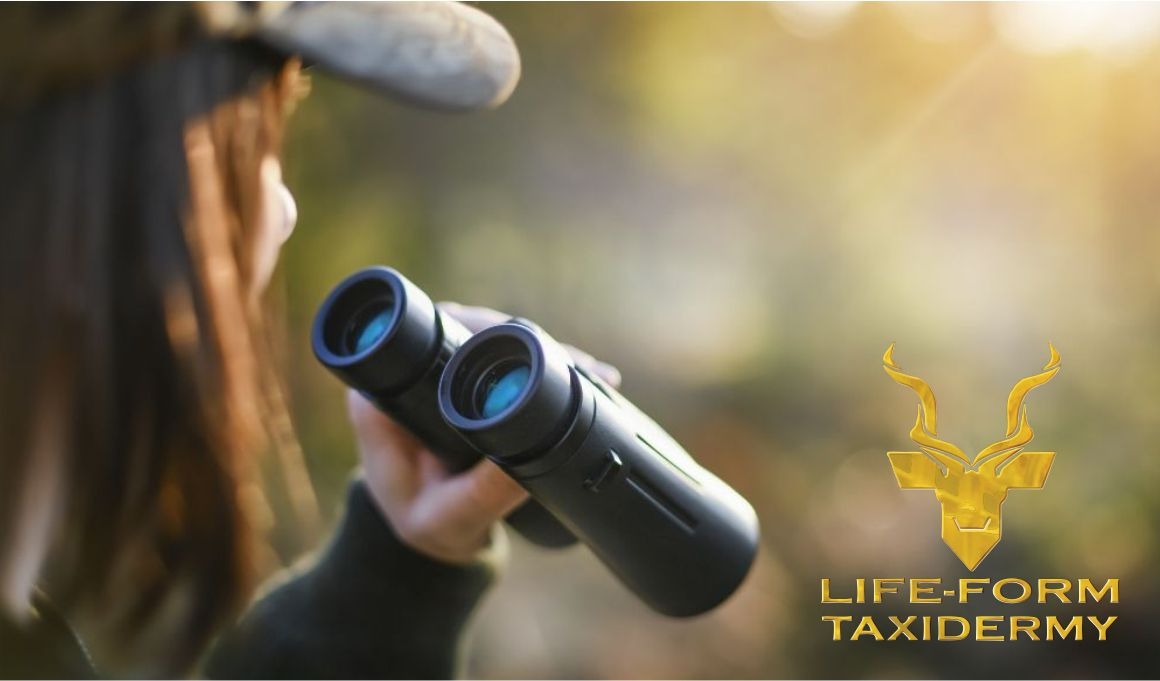Hunters who are no strangers to Africa may find the preparation process to be straightforward, but those who are venturing into the continent for the first time may benefit from some guidance.
Learn the ins and outs of organising an African hunt, including what to look for in a hunting outfitter, whether or not to employ an agent, and how much you should set aside for your expedition.
1. Pay Attention to Your Budget
If you have a budget in mind for your hunt, you should look for an package where the final price is exactly what you’ll pay without any “hidden extras” or clauses that could cause the price to vary if the exchange rate fluctuates before you travel. Avoid any hunts that have ambiguous prices.
Inquire about anything that might relate to your hunt but was left out of the outfitter’s first estimate, as this information is crucial.
The price of the hunt is only the beginning; there are many other fees, such as taxidermy prices, trophy transportation, lodging, and more.
2. Decide on The Country You Wish to Visit
The answer to this question is intrinsically tied to the African game animals you plan on hunting. If you’re not set on hunting any one species and would rather enjoy a wide variety of plains game, you can narrow down your options by country based on things like price, quality of the hunting camps, proximity to tourist attractions, etc.
Depending on the species you seek, you may need to travel to a certain African country or region.
3. Figure out when you would like to go on your hunting trip
If the country you want to visit has a set hunting season, your hunt dates will have to coincide with that season. If you want to have the best chance of killing a specific animal, you might need to time your hunt accordingly.
If you’re planning on hunting a Cape Buffalo in the wild, you might want to schedule your trip around the dry season when the foliage is sparser and the water level is lowest. Similarly, a hunt of less than 14 days is impossible if you’re after leopard.
Leopards can be difficult to lure to bait, especially if you’re going after them during the same time of year that antelope and warthog are having their young.
4. Plan around the type of animals you specifically want to hunt
Think carefully about which animals you want to hunt. If you’re interested in hunting “common” African plains wildlife like impala and warthog, you won’t be short of options. Compare the trophy prices carefully if you wish to add a rare and valuable antelope species like the nyala or gemsbok.
If you’re looking for record-book trophies, you should look at locations that have a better chance of success, but be careful; no outfitter can or should guarantee a specific trophy size.
Make a decision as to whether you’d rather hunt inside a fenced area or in a wilderness area. As an example, hunting Cape buffalo in a fenced area increases your chances of success and makes determining the size of the animal’s horn spread more easier.
Hunting on a game ranch will cost less per day, but more for the animal you take home. A wilderness region will have the opposite effect. Once more, prioritise your desired species while searching for the finest locations and outfitters within your price range.
